
The Rising Risk of a Global Food Crisis
The war in Ukraine poses a looming threat to the worldwide food supply. Here’s what’s at stake – and what might be done to help.
Recommendation
Russia’s war on Ukraine started just before the planting season, jeopardizing food production in one of the world’s “bread baskets.” As experts Daniel Aminetzah and Nicholas Denis discuss with host Lucia Rahilly in The McKinsey Podcast, the cascading impact on the global food supply depends on how long the conflict lasts. While cereals are among Ukraine’s biggest exports, the sanctions’ effect on Russian fertilizer will generate as many or more consequences for food prices. Climate change and the COVID-19 pandemic already pushed producers into imagining new, more sustainable methods, but will the war drive them to innovate further as a crisis evolves? The war’s duration, currently uncertain, is a determining factor.
Summary
About the Podcast
Host of The McKinsey Podcast, Lucia Rahilly is the New York-based global editorial director and deputy publisher of McKinsey Global Publishing. McKinsey senior partner Daniel Aminetzah advises global agricultural and specialty chemicals companies. And McKinsey partner Nicolas Denis advises governments on sustainable economic development in agribusiness, fisheries, forestry and biotech.










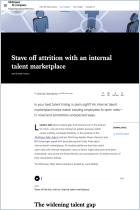
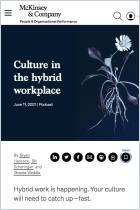
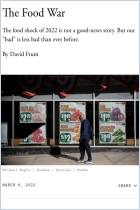
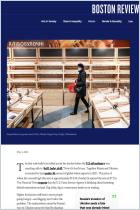
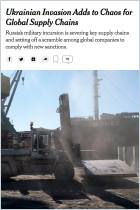
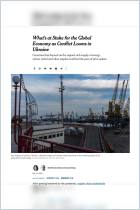
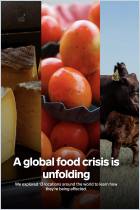
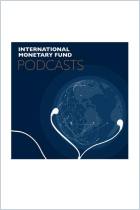




Comment on this summary or 开始讨论